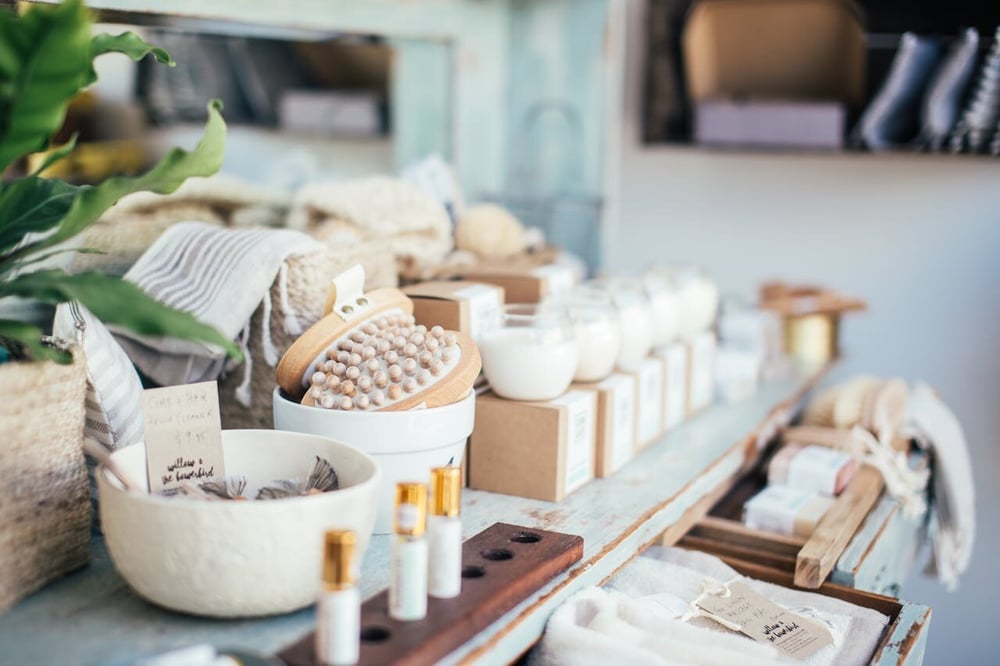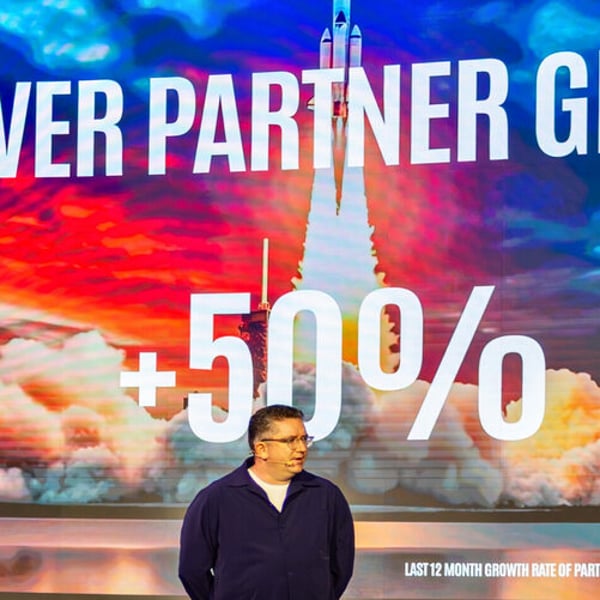A new study shows that “self-care” is a key priority for many UK consumers with more than a third of them seeing it as a necessity, driven by younger consumers.

The study, by discount retailer TK Maxx, reveals 39% of people believe self-care is becoming a necessity and Britons are spending an average of £74.24 per month on their wellness needs.
Young Millennials (25-34) lead the way, dedicating £108.88 a month to self-care, with Boomers (over 55s) spending ‘only’ £51.18.
The survey of 2,000 UK adults saw TK Maxx saying “self-care is no longer just a trend, it’s a lifestyle”.
Interestingly, across the UK, Leeds emerged as the UK’s highest-spending self-care city, with residents splurging £92.35 monthly, followed closely by Newcastle (£85.28) and Edinburgh (£84.88). By contrast, Norwich was the city that spends the least on self-care with the average spend being just £47.49.
For many, self-care is about health and when asked about their self-care goals, healthy eating and nutrition topped the list (37%), followed by physical fitness (31%) and improving sleep quality (28%). But 28% of Gen Z also selected skincare and beauty routines as a self-care priority (far outweighing their older counterparts on 12%).
That 39% figure quoted earlier about how many people see self-care as a necessity is also interesting given that it easily outstrips the 26% who view it as a luxury. And perhaps unsurprisingly those who say it as vital skew towards the young-but-working generations as well as those in early middle age. Most Millennials (44%) and Gen X (43%) consider self-care essential, while Gen Z (18–24) are more likely to see it as a luxury (38%).
The age groups seeing it as essential are more likely to be those under heavy career, financial and family pressure who need to look after their physical and mental health while also pampering themselves at times. Gen Z, perhaps still in that hedonistic stage of life, have a different outlook.
Despite the growing awareness of the need for self-care, barriers remain. Financial difficulties (25%) and time constraints (24%) were the most common challenges cited, followed by a lack of motivation (24%). But 30% of people said they face no barriers to self-care, rising to 46% among Boomers.
For many, self-care spending is an investment in feeling good. While less than one in five (19%) increased their self-care budget in the past year, this figure surged to 41% among young Millennials. Regionally, Greater London saw the highest proportion of people raising their self-care spend, with 27% increasing their budget.
Copyright © 2025 FashionNetwork.com All rights reserved.









